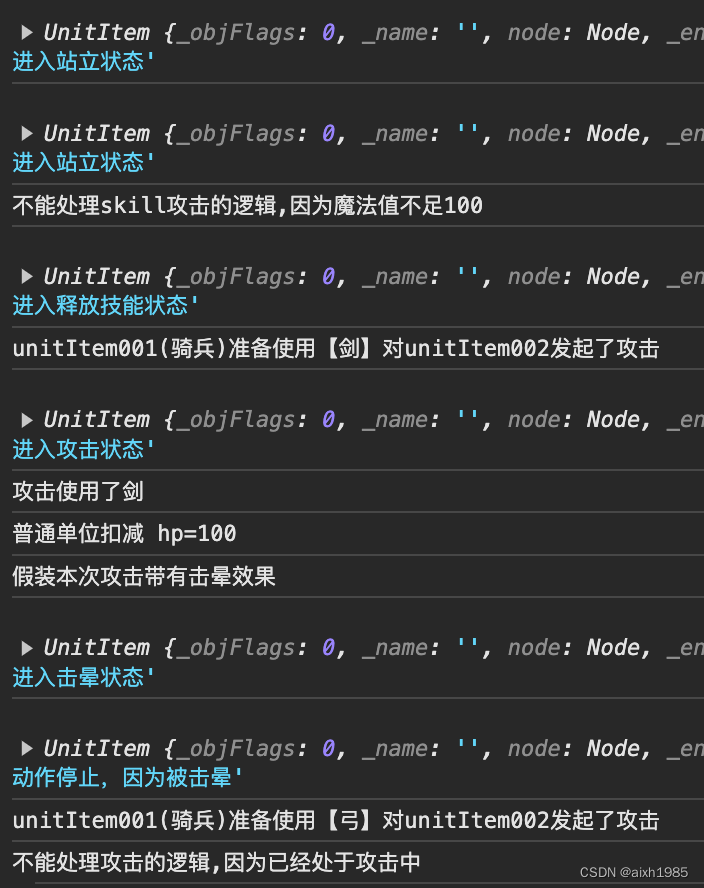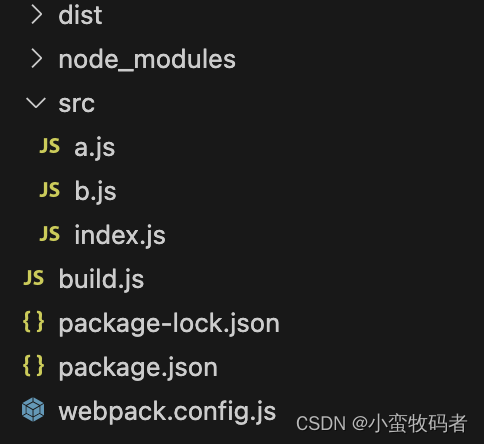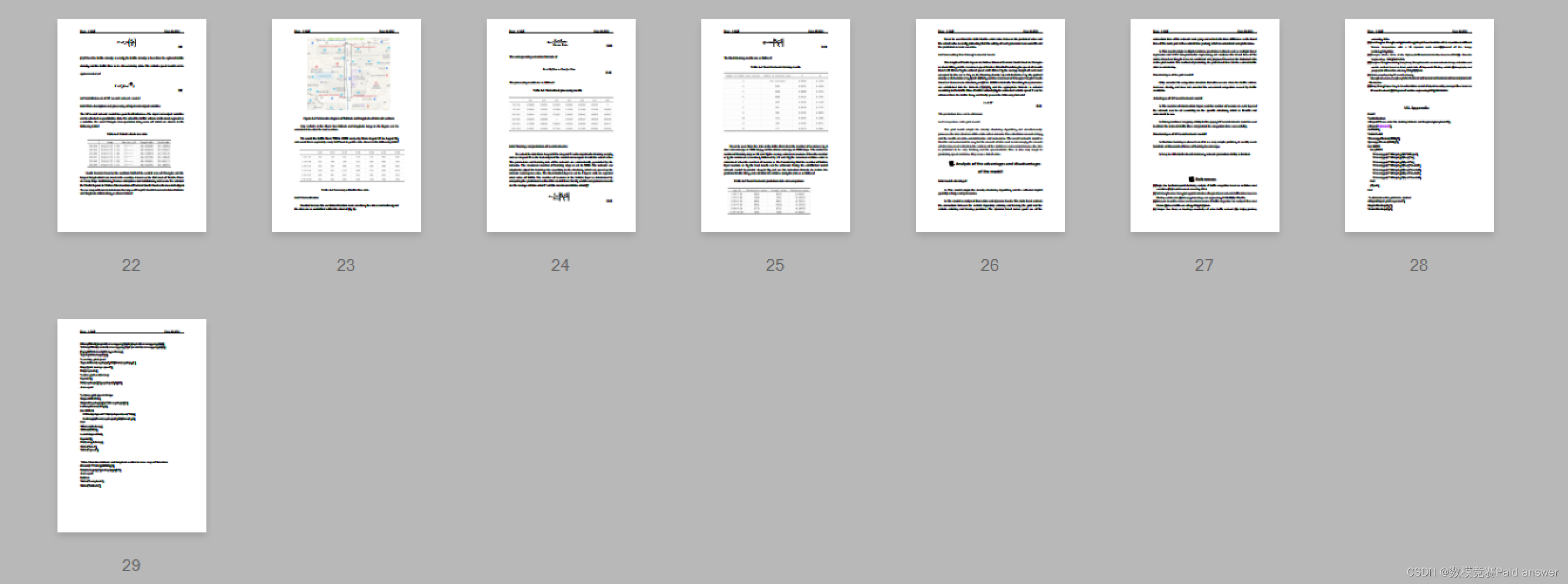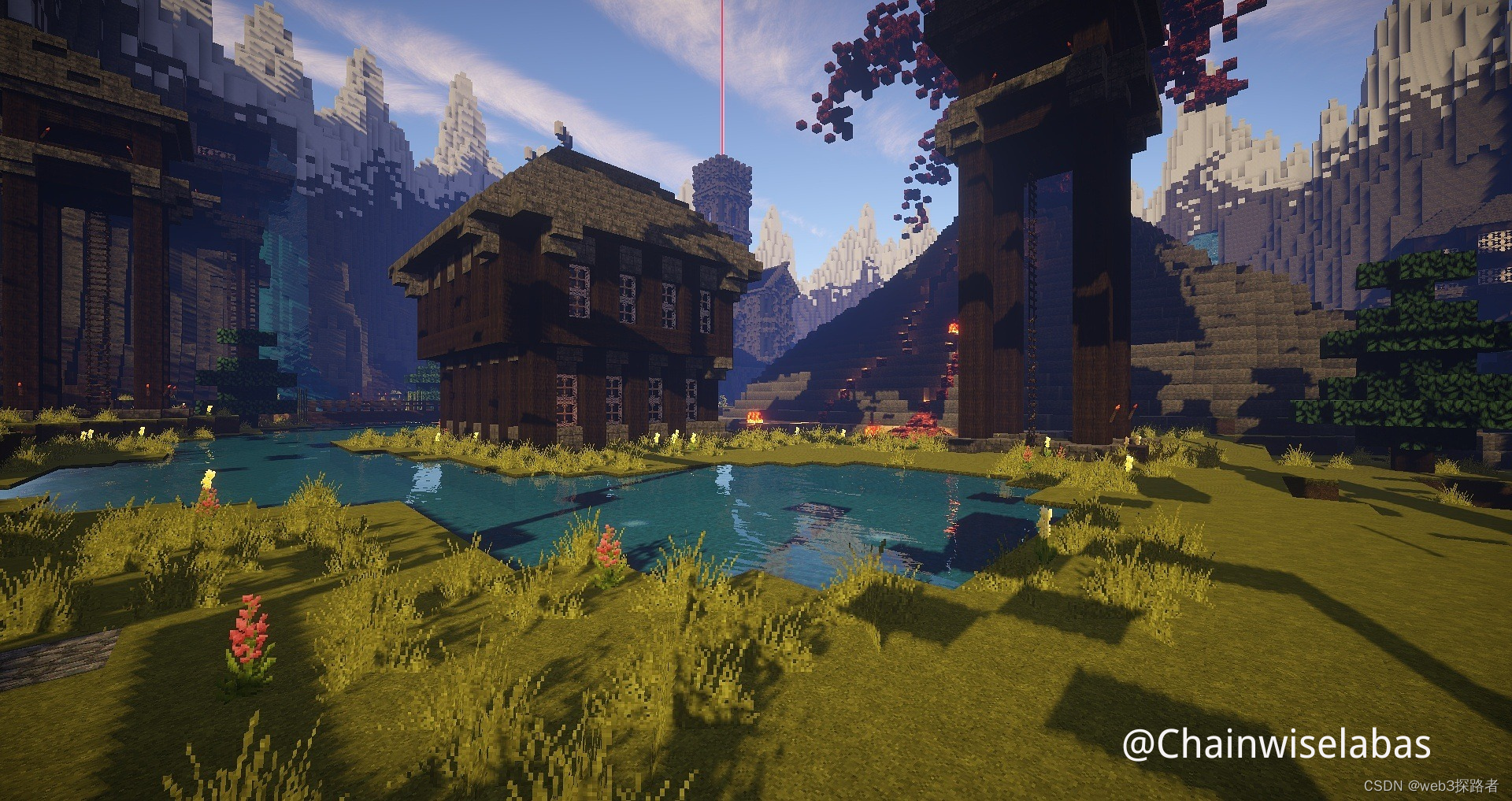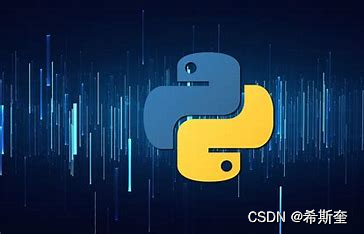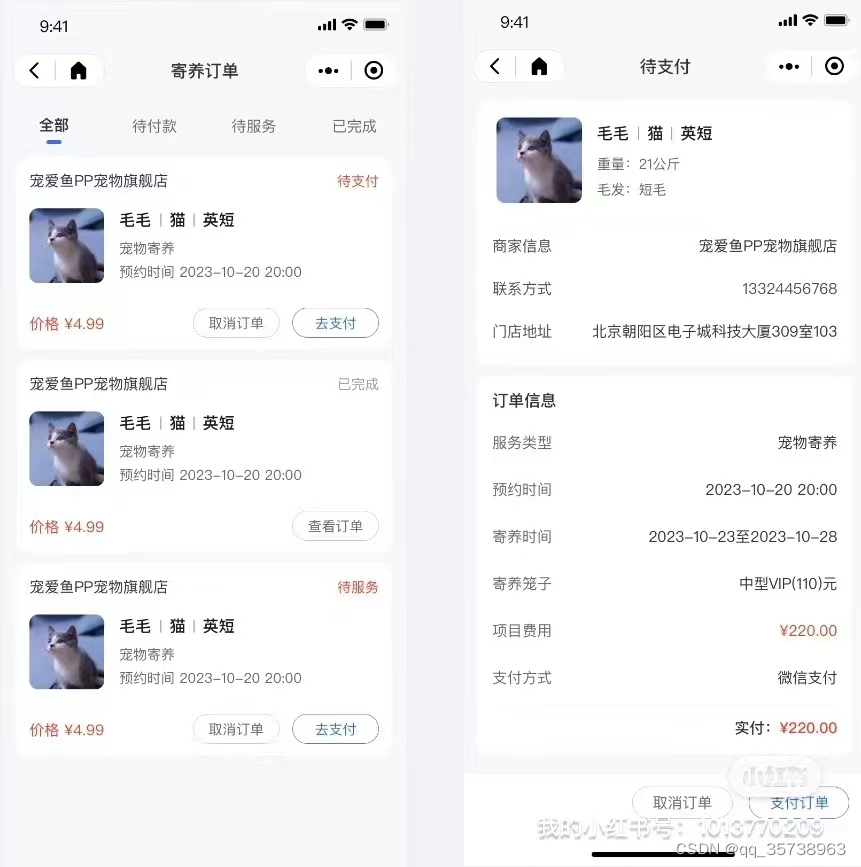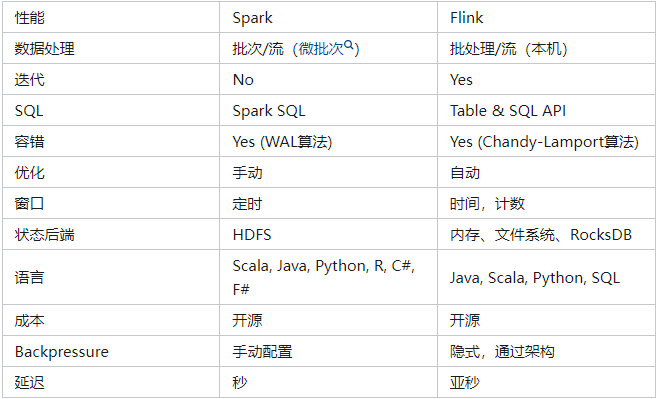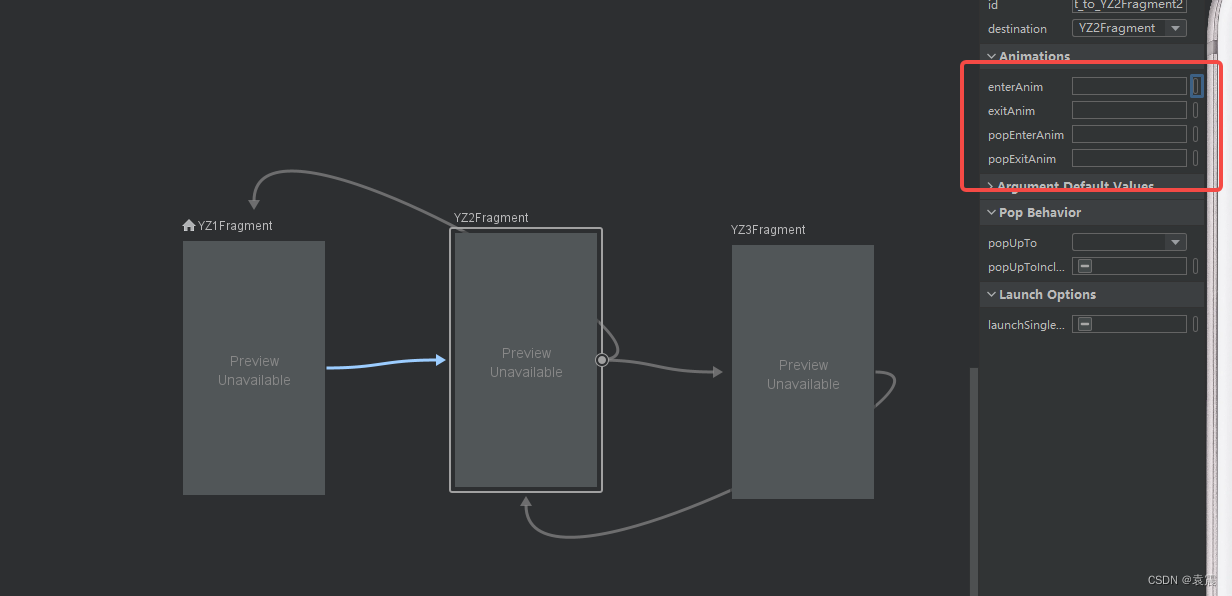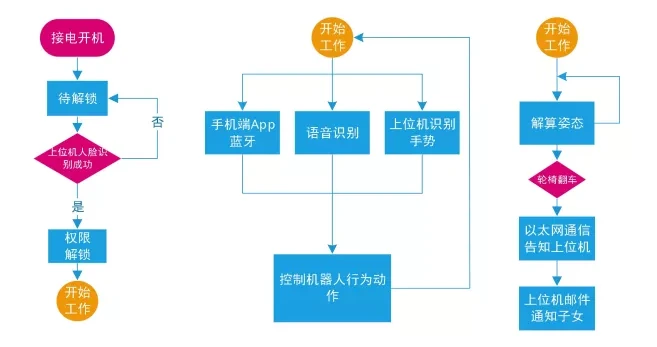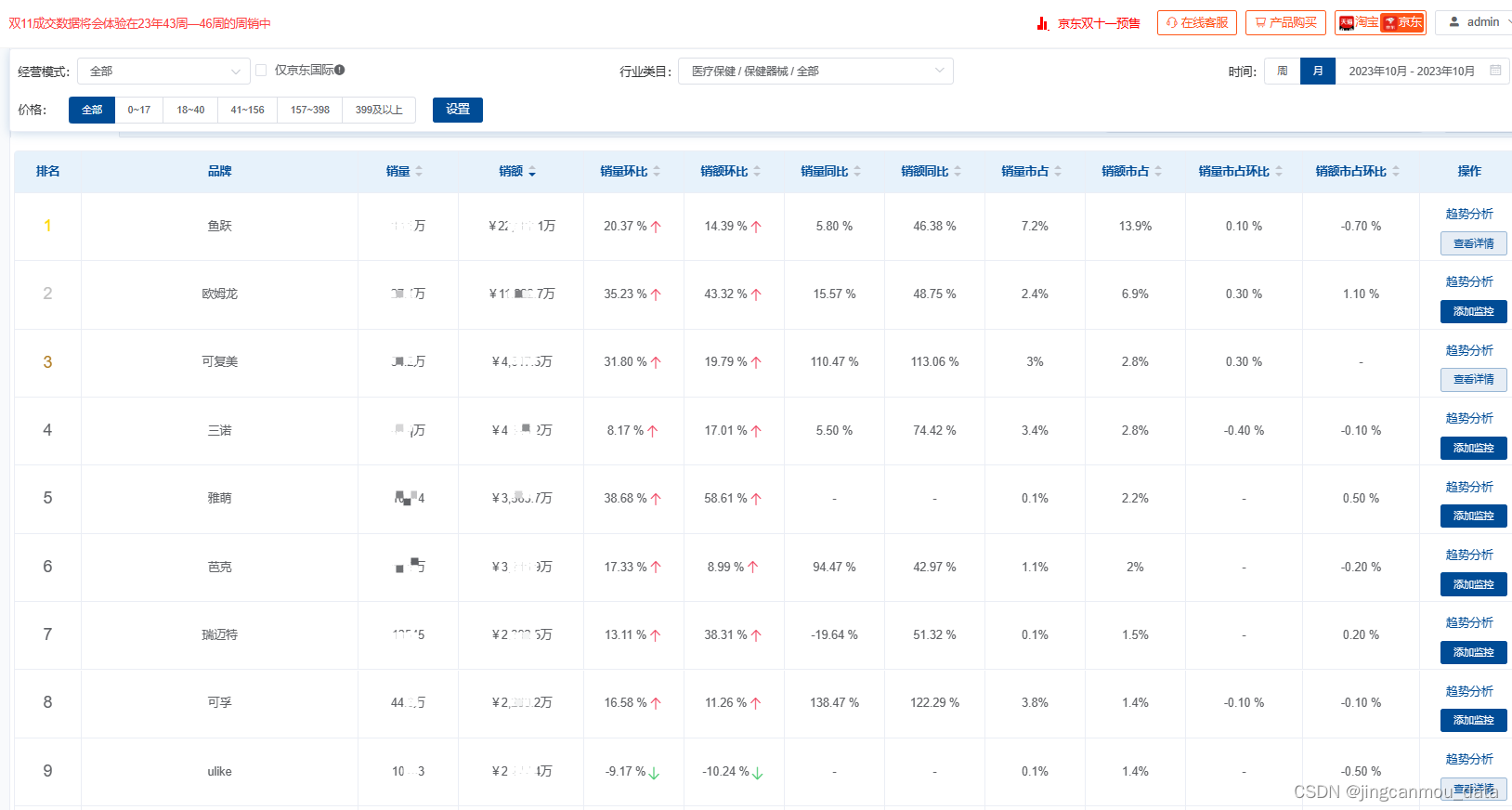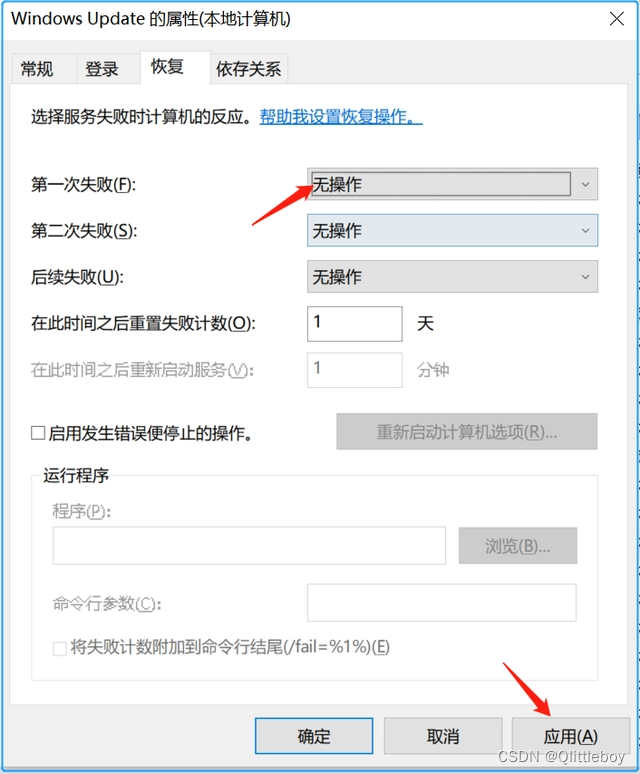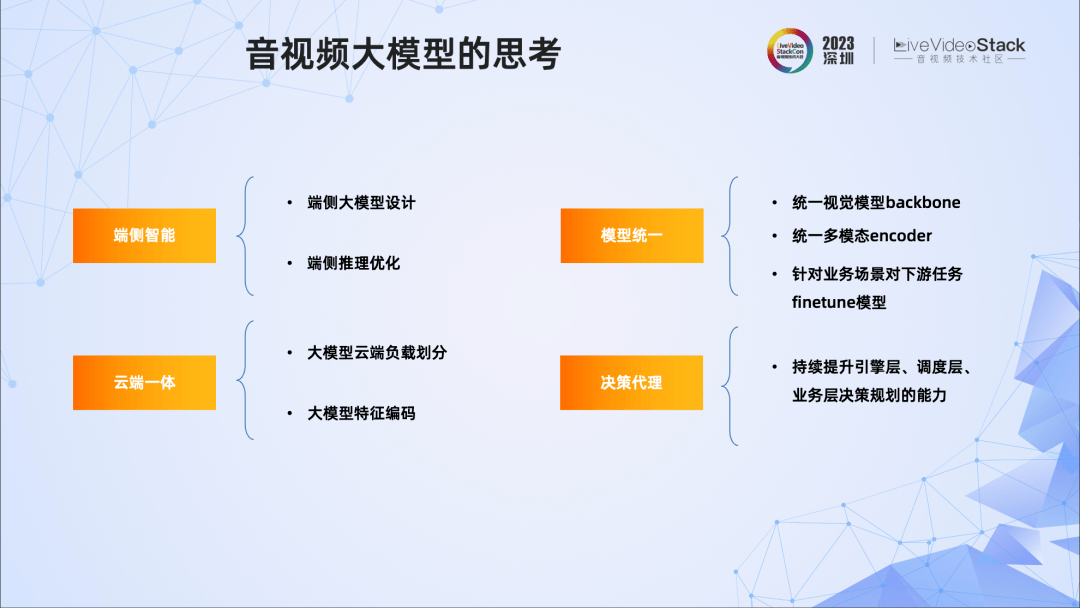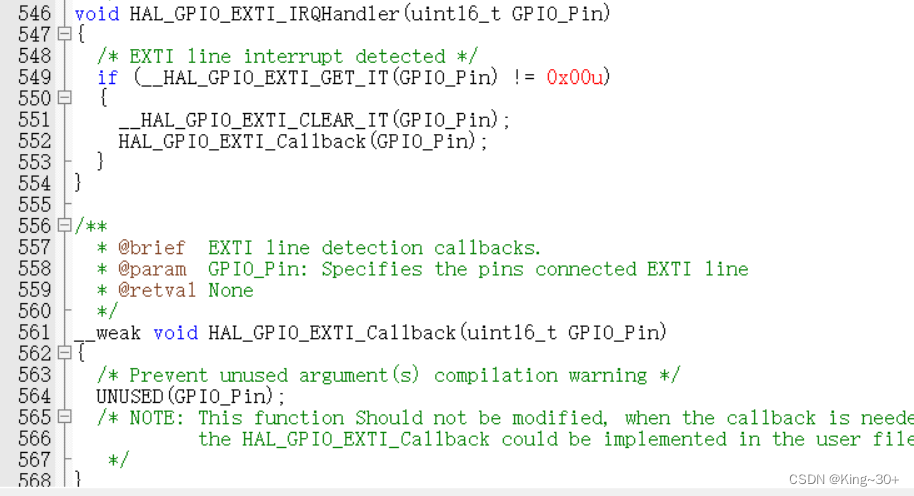1、模式标准
模式名称:状态模式
模式分类:行为型
模式意图:允许一个对象在其内部状态改变时改变它的行为。对象看起来似乎修改了它的类。
结构图:

适用于:
1、一个对象的行为决定于它的状态,并且它必须在运行时刻根据状态改变它的行为。
2、一个操作中含有庞大的多分支的条件语句,且这些分支依赖丁该对象的状态。这个状态常用一个或多个枚举常量表示。通常,有多个操作包含这一相同的条件结构。State模式将每一个条件分支放入一个独立的类中。这使得开发者可以根据对象自身的情况将对象的状态作为一个对象,这一对象可以不依赖于其他对象独立变化。
主要成员:
- 上下文(Context):它定义了客户端感兴趣的接口,并且维护一个指向当前状态的实例变量。
- 状态抽象(State):这是一个接口或者抽象类,它定义了每个状态必须实现的方法。
- 具体状态(Concrete States):它们是实现状态接口的类,每个类对应一种状态,且包含了该状态下的行为实现。
2、分析与设计
在一般的游戏开发中状态值通常是一个枚举值,但在状态模式中,状态值是一个通过实现了 IUnitState 接口的对象表示的。这种方法的优点是它更加灵活和强大,因为这个状态值不仅仅是一个值,它还是一组行为的集合(即方法实现)。这允许您在不同的状态之间切换行为,而不是仅仅改变一个表示状态的值。
在游戏中的单位一般有以下几种状态:站立,移动,攻击,释放技能中,眩晕中,死亡。比较常见的是单位正在释放一个技能,这个时候一个飞锤飞过来,将他击晕了,他停止了技能的释放。
接下来我们修改一下我们的意图
意图:允许一个对象(单位)在其内部状态改变时(由其状态对象来)改变它的行为。对象看起来似乎修改了它的类(实际是状态对象干的)。
3、开始打造
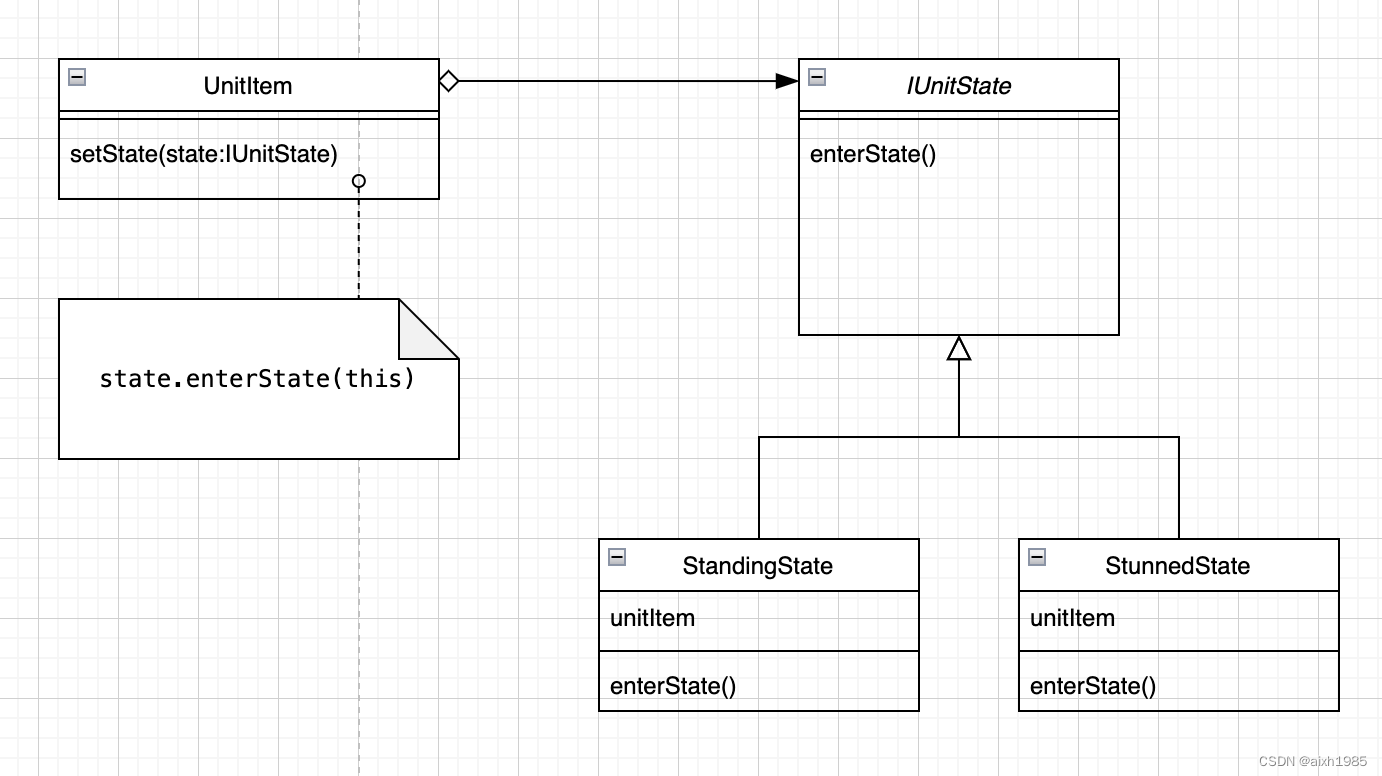
export enum UnitStateType {Standing,Moving,Attacking,CastSkilling,Stuning,Die
}export interface IUnitState {enterState(unitItem: IUnitItem): void//stand(): void; // 站立move(): void; // 移动attack(): void; // 攻击castSkill(): void; // 释放技能stun(): void; // 击晕die(): void; // 死亡// getType(): UnitStateType
}
// 状态基类,包含一个指向Unit的引用
export abstract class BaseState implements IUnitState {protected unitItem: IUnitItem;enterState(unitItem: IUnitItem) {this.unitItem = unitItem;}// 获取状态的type值abstract getType(): UnitStateType;// 状态stand() {console.log(this.unitItem, "单位准备进入站立状态");this.unitItem.setState(new StandingState());}move() {console.log(this.unitItem, "单位准备进入移动状态");this.unitItem.setState(new MovingState());}attack(): void {console.log(this.unitItem, "单位准备进入攻击状态");this.unitItem.setState(new AttackingState());}castSkill(): void {console.log(this.unitItem, "单位准备进入释放技能状态");this.unitItem.setState(new CastSkillingState());}stun(): void {console.log(this.unitItem, "单位准备进入击晕状态");this.unitItem.setState(new StuningState());}die() {console.log(this.unitItem, "单位准备进入死亡状态");this.unitItem.setState(new DeadState());}}
// 站立状态
export class StandingState extends BaseState {getType(): UnitStateType {return UnitStateType.Standing;}// 重写方法stand() {console.log(this.unitItem, "单位已经进入站立状态");}}// 移动状态
export class MovingState extends BaseState {getType(): UnitStateType {return UnitStateType.Moving;}// 重写方法move() {console.log(this.unitItem, "单位已经进入移动状态");}}// 攻击状态
export class AttackingState extends BaseState {getType(): UnitStateType {return UnitStateType.Attacking;}enterState(unitItem: IUnitItem) {super.enterState(unitItem);this.doAction();}doAction() {// 执行攻击this.unitItem.role.attack(); // 攻击// 如果攻击顺利完成,进行清理并返回到正常状态// 例如,设置一个延时来模拟攻击动作的时间let attackDuration = 1000setTimeout(() => {if (this.unitItem.getCurrentState().getType() == UnitStateType.Attacking) {console.log('单位已从攻击状态到站立状态')this.unitItem.setState(new StandingState());}}, attackDuration);}// 重写方法attack(): void {console.log(this.unitItem, "单位已经进入攻击状态");}}// 释放技能状态
export class CastSkillingState extends BaseState {getType(): UnitStateType {return UnitStateType.CastSkilling;}enterState(unitItem: IUnitItem) {super.enterState(unitItem);this.doAction();}doAction() {// 执行攻击// this.unitItem.role.attack(); // 攻击// 如果攻击顺利完成,进行清理并返回到正常状态// 例如,设置一个延时来模拟攻击动作的时间let attackDuration = 1000setTimeout(() => {if (this.unitItem.getCurrentState().getType() == UnitStateType.CastSkilling) {console.log('单位已从技能释放状态到站立状态')this.unitItem.setState(new StandingState());}}, attackDuration);}// 重写方法castSkill(): void {console.log(this.unitItem, "单位已经进入释放技能状态");}}// 击晕状态
export class StuningState extends BaseState {getType(): UnitStateType {return UnitStateType.Stuning;}enterState(unitItem: IUnitItem) {super.enterState(unitItem);this.stopCurrentAction();}// 重写方法stun(): void {console.log(this.unitItem, "单位已经进入击晕状态");}stopCurrentAction() {console.log(this.unitItem, "单位所有动作停止,因为被击晕");// 如果有正在进行的释放技能的操作,这里将其中断// 这可能包括清除技能计时器、动画等}}
// 死亡状态
export class DeadState extends BaseState {getType(): UnitStateType {return UnitStateType.Dead;}enterState(unitItem: IUnitItem) {super.enterState(unitItem);this.stopCurrentAction();}// 重写方法die() {console.log(this.unitItem, "单位已经进入死亡状态");}stopCurrentAction() {console.log(this.unitItem, "单位所有动作停止,因为已死亡");// 如果有正在进行的释放技能的操作,这里将其中断// 这可能包括清除技能计时器、动画等}
}接着是单位里的
export class UnitItem extends Component implements IItem, IUnitItem {ad: number = 100;mp: number = 0;role: Fighter;private currentState: IUnitState = null;accept(visitor: IAttackVisitor) {visitor.visitUnitItem(this)}setRole(role: Fighter): void {this.role = role;}setState(state: IUnitState) {this.currentState = state;state.enterState(this);}getCurrentState(): IUnitState {if (this.currentState == null) {this.setState(new StandingState())}return this.currentState;}move() {this.getCurrentState().move()}idle() {this.getCurrentState().stand()}attack(unitItem: UnitItem<T>) {if (!this.canAttack()) {// 不能处理攻击的逻辑,可能是显示消息或者进入其他状态return;}// 尝试进入攻击状态this.getCurrentState().attack()let damage = this.adlet attackVisitor = new MonomerAttackVisitor(damage)unitItem.accept(attackVisitor)// 临时 todo 删除console.log('假装本次攻击带有击晕效果')unitItem.getCurrentState().stun()}skill() {if (!this.canSkill()) {// 不能处理攻击的逻辑,可能是显示消息或者进入其他状态return;}// 尝试进入攻击状态this.getCurrentState().castSkill()}die() {this.getCurrentState().die()}private canSkill(): boolean {// 检查单位是否可以进行技能攻击// 例如,单位是否处于晕眩状态或者攻击是否冷却中if (this.mp < 100) {console.log('不能处理skill攻击的逻辑,因为魔法值不足100')return false}if (this.getCurrentState().getType() == UnitStateType.CastSkilling) {console.log('不能处理skill攻击的逻辑,因为已经处于技能释放中')return false}if (this.getCurrentState().getType() == UnitStateType.Stuning) {console.log('不能处理skill攻击的逻辑,因为已经被击晕')return false}if (this.getCurrentState().getType() == UnitStateType.Dead) {console.log('不能处理skill攻击的逻辑,因为已经死亡')return false}return true;}private canAttack(): boolean {// 检查单位是否可以进行攻击// 例如,单位是否处于晕眩状态或者攻击是否冷却中if (this.getCurrentState().getType() == UnitStateType.Attacking) {console.log('不能处理攻击的逻辑,因为已经处于攻击中')return false}if (this.getCurrentState().getType() == UnitStateType.Stuning) {console.log('不能处理攻击的逻辑,因为已经被击晕')return false}if (this.getCurrentState().getType() == UnitStateType.Dead) {console.log('不能处理攻击的逻辑,因为已经死亡')return false}return true;}
}在非状态对象类中使用时都是用以下的方式调用
this.getCurrentState().stand()
this.getCurrentState().move()在方法里面会执行从当前状态到下一个状态所需要的动作
在状态类中,如果需要到下一个状态就需要再状态类中new一个新的状态,如
castSkill(): void {console.log(this.unitItem, "单位准备进入释放技能状态");this.unitItem.setState(new CastSkillingState());}接着在下一个状态CastSkillingState中的enterState,方法内其他动作
4、开始使用
let unitItem001 = xhgame.itemFactory.createUnitItem('kuloubing', UnitType.UnitSpine)let unitItem002 = xhgame.itemFactory.createUnitItem('kuloubing', UnitType.UnitSpine)unitItem001.idle()unitItem002.idle()unitItem002.skill()unitItem002.mp = 100;unitItem002.skill()unitItem001.setRole(new Cavalry(new Sword()));console.log('unitItem001(骑兵)准备使用【剑】对unitItem002发起了攻击')unitItem001.attack(unitItem002)unitItem001.setRole(new Cavalry(new Bow()));console.log('unitItem001(骑兵)准备使用【弓】对unitItem002发起了攻击')unitItem001.attack(unitItem002)